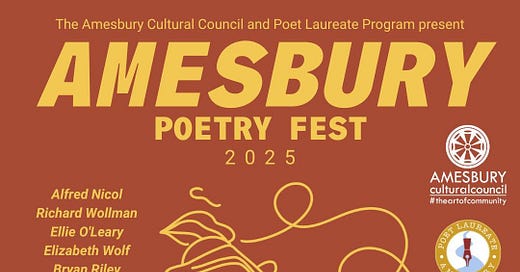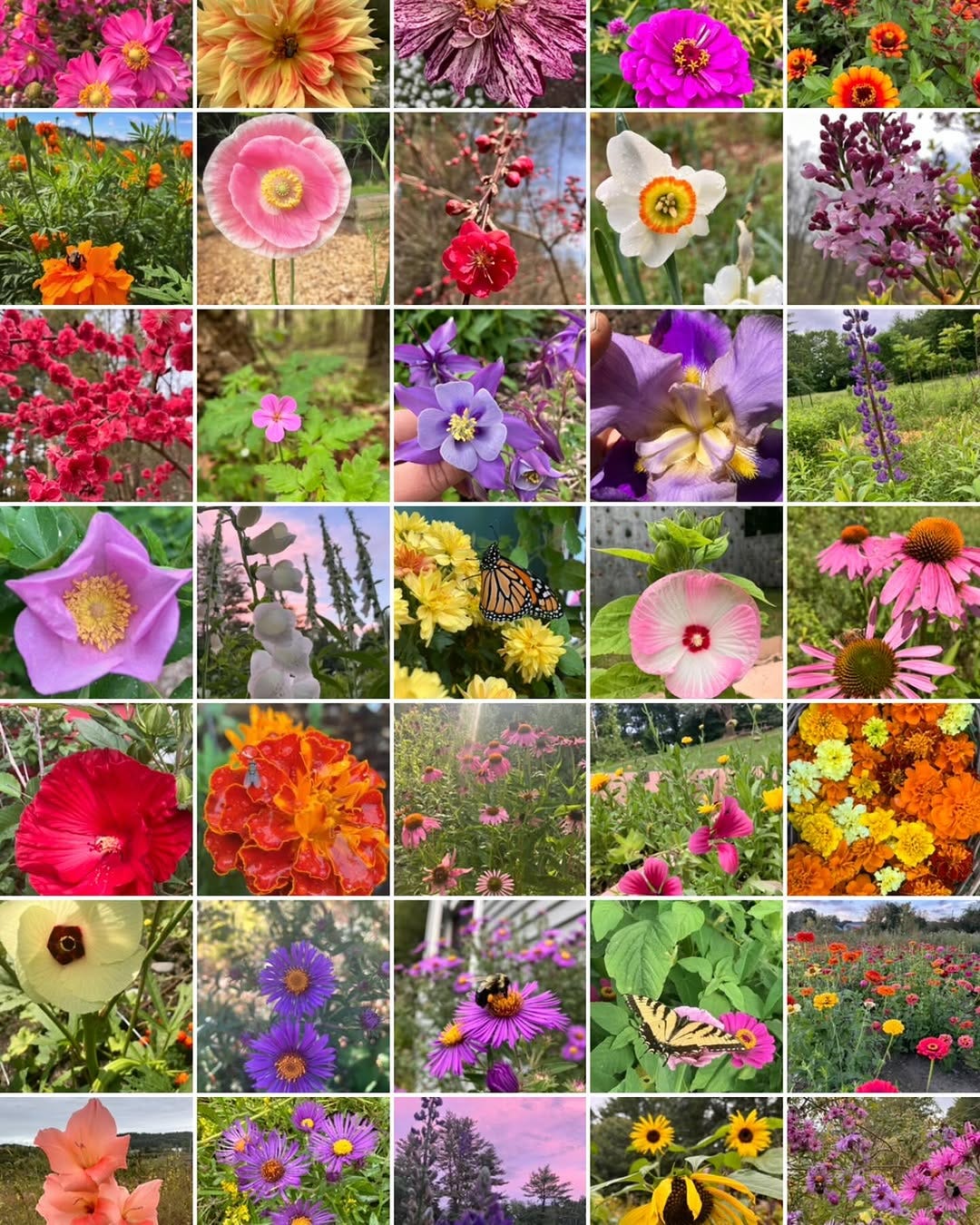Earth Day & the Shifting Seasons
Rē has been involved in Earth Day for quite some time in both Tennessee and Massachusetts, and has helped to bring people across and between the different regions. This year we were involved in both the southeast and the northeast!
So we thought it would be appropriate to think together with you a little bit about Earth Day - and the related and interconnected upcoming seasonal shifts.
Earth Day originated in 1970, the brainchild of U.S. Senator Gaylord Nelson, conceived as a "national teach-in" to amplify awareness of environmental pollution. Drawing inspiration from the fervor of anti-war protests, Nelson aimed to galvanize public concern regarding issues such as air and water contamination. The inaugural Earth Day, on April 22nd, witnessed the participation of approximately 20 million Americans in demonstrations, rallies, and educational events nationwide. This grassroots movement played a pivotal role in fostering support for landmark environmental legislation, encompassing the Clean Air Act, the Clean Water Act, and the Endangered Species Act, and ultimately contributed to the establishment of the Environmental Protection Agency (EPA). Earth Day rapidly transcended its U.S. origins, evolving into a global phenomenon by 1990 and establishing itself as the planet's largest secular civic event, now celebrated annually by over a billion individuals across more than 190 countries.
Earth Day is a largely secular celebration that, clearly, entails a strong political component.
It is also right before May Day.
In the old Irish wheel of the year, this is a rich time when the soil is rich and fertile. Beltane, was often embodied by Queen Maeve. Queen Maeve's powers and Beltane's significance are distinct but related. Maeve, also known as Medb, was a powerful warrior queen and goddess of sovereignty, known for her strength, strategic skills, and influence. Beltane, a Celtic festival marking the beginning of summer, celebrates the fertility of the land and the union of the Green Man and the Goddess. Maeve's power was not magical in the sense of spells or enchantments, but rather stemmed from her physical strength, leadership, and influence over her territory. While Beltane is associated with fertility and abundance, Queen Maeve's actions, like the cattle raid, were sometimes driven by her own desires and ambition. She’s quite an interesting goddess!
Mind you - the month of May was named after the Greek goddess Maia, who was also considered a goddess of spring and growth. Her festival was held in May. The name "Maia" itself comes from a root meaning "mother, nurse, midwife."
May Day, of course, is multi-layered: it is at once a time of honoring unions and working people everywhere (beginning in the Haymarket Affair of 1886, it later became the International Workers' Day), a time when there has often been strikes (I have not yet heard of a big one for this year but that might come).it also has an ancient history associated with the spring festival of Beltane, a traditional holiday in many parts of Europe with both non-Christian and (sometimes) Christian components. In Britain, it is a bank holiday, and thus associated with time off, vacation, and, for many, the signs of summer that include dancing around a maypole (which I really recommend if you have the opportunity! It can be a very magical experience!) And a lot of eco-eroticism, celebration, and self-determination.
And there's Easter, with its longstanding connection to the Goddess Eostre: the return of the Light. You might like Sara Jolena's article on the Goddess Eostre and the creation of Easter ( a fascinating history in the creation of contemporary calendars) if you didn't get a chance to read it last year!
So here are a few questions that might be interesting to ponder upon.
If we are celebrating Earth-connection throughout the year (ie, with holidays like Beltane and Summer Solstice and Sawhain, etc etc) in old ways that honor our connection all year long.... then what happens to something like EarthDay? Does it become more firmly a political advocacy moment? Or a space for multiple traditions (who might not celebrate Beltane or Easter) to come together?
And of course, there is also this: all of these holidays speak to the return of spring; to the return of life; to the return of the flowers and babies and the rest of life. What does that mean when you are in the midst of grief/fear/anxiety and a range of other emotions that are not about the return of the light? (besides, perhaps, an enjoyment of the storms of spring)?
If this is a season of storms for you, we hope you can enjoy their ferocity and moodiness, as well as the rainbows that might come, however briefly, in the midst of them.
Upcoming Events
Amesbury Poetry Fest 2025
Thursday, April 24, 2025 from 6:30 to 8:30 PM
Barewolf Brewing, 12 Oakland St. Amesbury, MA 01913
Earth Day Work Day 2025
Sunday, April 27th from 10 AM-1 PM
Camp Kent Nature Center!
This is a FREE and RADICAL event!





